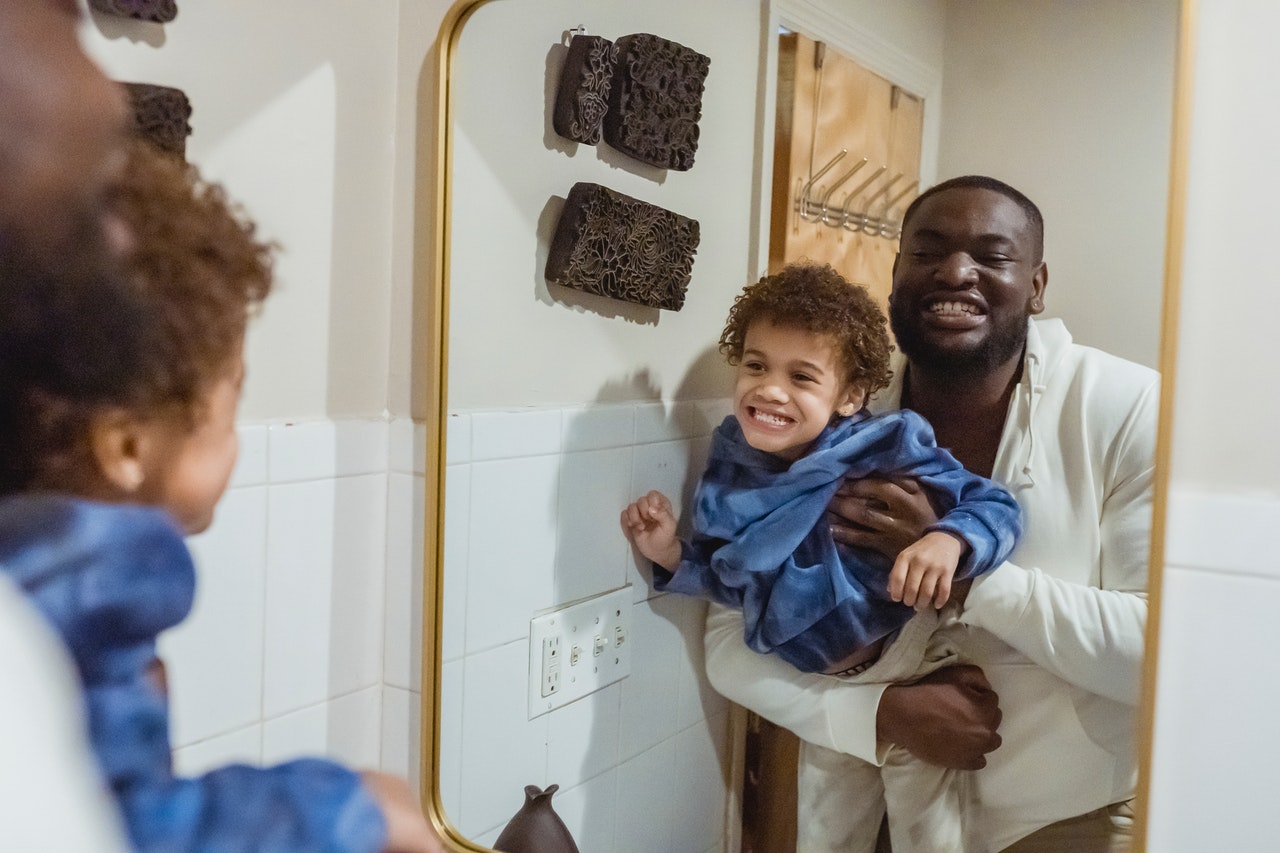Decades ago, braces weren’t as popular or accessible as they are today. Luckily, times have changed, and a great number of children, tweens, and teens already have their orthodontists and plans to get braces at some point.
As common as braces are, kids aren’t always happy about getting them because they fear it will hurt and that they will talk funny afterward. As a parent, your job is more than making sure your children’s teeth are healthy – you should talk to them to prepare and reassure them about what lies ahead.
Assure them it won’t hurt
Kids are afraid of pain and discomfort, of course, and one of the most common questions they ask both their parents and orthodontists is whether getting braces will hurt. While traditional braces were uncomfortable and aligning them could be painful, modern braces aren’t like that.
While it will take a few days for your kids’ cheeks and lips to get used to this change, it’s not something a bit of over-the-counter medicine can’t handle. Discomfort only lasts a few days until they get used to the feeling, but after that, they’ll stop noticing they even have them.
Support them when they get scared
Kids get scared not only because they think braces might hurt but because they also don’t want to be teased by their peers in school. This fear is perfectly normal, especially with tweens and teens, as older kids can be really mean when they tease others.
Offer them support and assure them that, even if they are the first in their friend group or class to get braces, they definitely won’t be the only ones. What is more, modern braces are less noticeable and bulky than those that were in use decades ago, and they can wear them and still feel confident.
Explain it’s only temporary
If they aren’t excited about the idea of wearing braces, try reminding them that this is only temporary. Nobody expects them to wear braces for decades, and they aren’t going to become a permanent part of their look. Even though every person is different, with different teeth and problems, on average, braces are worn for a year or two. The more accurate answer, however, should come from an orthodontist.
If you’re thinking about orthodontics for children, don’t hesitate to direct any of your child’s questions to professionals. They will be able to tell you exactly how long your child should wear braces because they have more experience, and they’ll be more familiar with their case.
Offer positivity
There are parents who are willing to promise their children practically anything if they agree to wear braces, but you don’t always have to offer a bribe. Positive reinforcement is another great way to connect with your kids and improve their self-confidence.
In addition to this, by using positive words and praising their commitment, you will ensure they follow their orthodontist’s directions better and get better results too. Praise their dedication, celebrate small milestones and good appointments, and don’t hesitate to let them know how proud you are of them and the progress they’ve made. Words of positivity and quality time you spend together will work better than any small and insignificant treat.
Tell them exactly what to expect
The best way to prepare them for braces and ease their fears is to tell them in detail exactly what they can expect during the process. Tell them that the bonding procedure for braces is uncomfortable but painless, and reassure them that there aren’t any needles whatsoever. You can also encourage them to come up with a list of questions to ask the orthodontist if they are unsure after your talk. Professionals will be happy to answer questions and probably praise your child for their curiosity.
While some kids will be excited about the prospect of getting braces, others will be reluctant even to visit an orthodontist. What you as a parent should remember is that both of these reactions are perfectly normal and expected. The most important thing is not to push your children into something that makes them uncomfortable, but at the same time, to make decisions that are best for them. Spend time talking to them about everything they might find worrying, and they will be more at ease about the whole process.
Article by Emma Williams
Emma is part of Alejandra’s Life Team family




